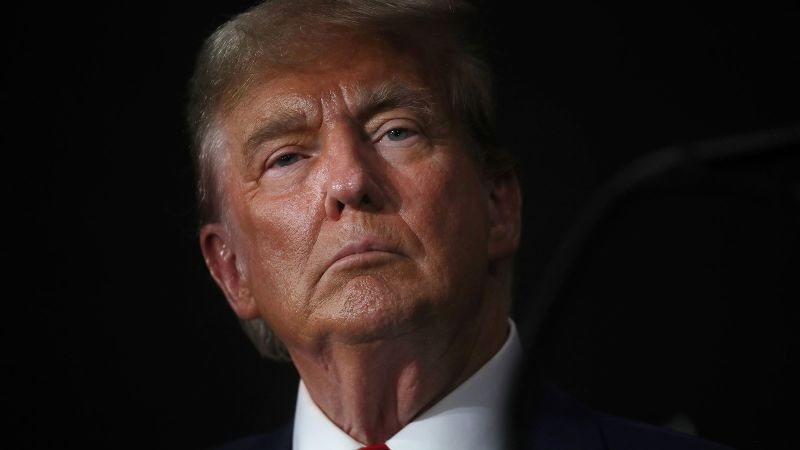Former President Donald Trump faced setbacks on Thursday as judges rejected his bids to dismiss criminal cases against him involving Georgia election interference and federal classified documents. While the judges did not decide on all of Trump’s requests for dismissal, the cases are still possibly headed for trial. Trump is facing other criminal prosecutions, including one in New York related to hush money payments during the 2016 campaign. The likelihood of these cases going to trial before the November election remains uncertain, as delays have been a significant part of Trump’s legal strategy.
In the classified documents case in south Florida, Judge Aileen Cannon denied Trump’s request to dismiss the case based on his argument that he had the authority to take classified documents with him after leaving the White House. Cannon left open the possibility for Trump to raise this defense at trial or in pre-trial proceedings. The judge, a Trump appointee, did not delve into her views on the claims put forward and emphasized that prosecutors did not rely on the Presidential Records Act in bringing charges. There are still several outstanding motions for the judge to decide in this case.
In the Georgia election subversion case, Judge Scott McAfee rejected Trump’s argument that his efforts to overturn the 2020 election were protected under the First Amendment. This ruling advances the state racketeering case against Trump, though a trial date has not yet been set. McAfee’s decision underscores that the defense of free speech has not held up in pretrial challenges related to election interference. Trump’s fellow defendants in the case are considering seeking a gag order against the district attorney, Fani Willis, after she made public comments about the case.
In the federal classified documents case, prosecutors were also denied clarity from Judge Cannon regarding her views on the Presidential Records Act. Trump has argued that he had the authority to retain certain documents under this law, but prosecutors insist that the PRA is irrelevant to the charges. The judge’s order for jury instructions should not be seen as a final ruling on any essential element or defense in the case. Both sides submitted hypothetical jury instructions considering Trump’s claims of record-retention authority.
Despite these setbacks, Trump has pleaded not guilty in all four criminal cases and has made immunity arguments based on his status as a former president. While a trial in the hush money case in New York is set to begin soon, the prospects for the other prosecutions going to trial prior to the election remain uncertain. Delays in pretrial proceedings have been part of Trump’s legal strategy, and these cases are still in various stages of litigation. The outcome of the Supreme Court’s consideration of Trump’s immunity from criminal charges in the DC case could have implications for his other prosecutions.


